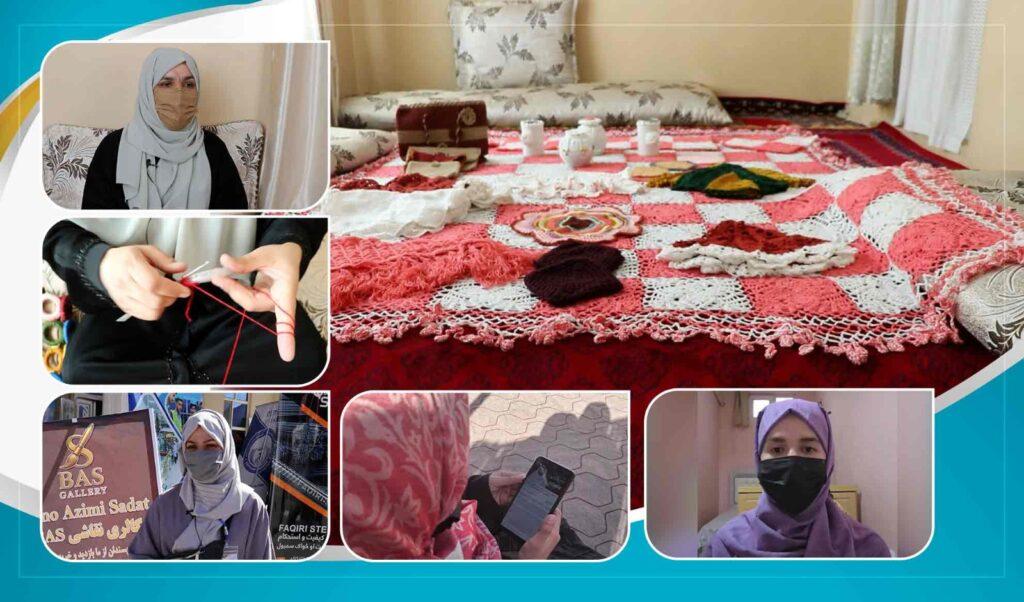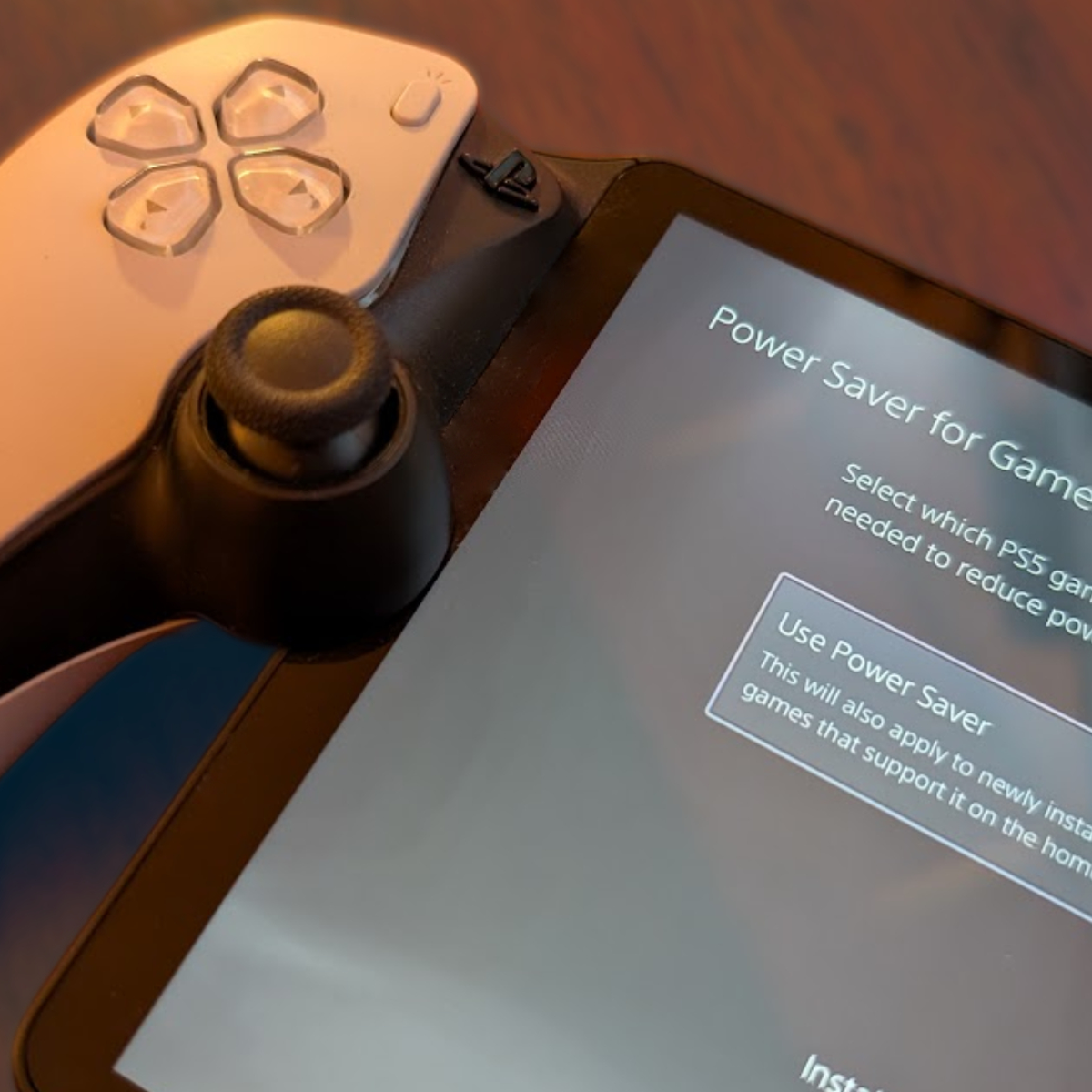Copyright pajhwok

KABUL (Pajhwok): A number of women and girls in Afghanistan are using various social media platforms not only to acquire practical skills such as painting and weaving decorative items but also to pursue religious and cultural education. In this way, they experience creativity while also gaining skills to contribute to their family’s income. Experts stress that the proper use of the internet and technology is a vital necessity in today’s society. They believe that effectively leveraging these tools in the modern era is essential and can open opportunities for learning, skills and business growth. Using the positive aspects of technology benefits both religious education and professional and cultural skills development, playing a key role in the economic and social progress of society. From learning weaving on YouTube to generating income Nabila Haidari, an inhabitant of Khairkhana area of capital Kabul, weaves a variety of items, including handbags, tablecloths, blankets and bedspreads for sale. She said her passion for weaving inspired her to pursue this craft. Currently working with an NGO, she said that she had initially learned basic weaving from her school teacher but wanted to master more techniques. To achieve this, she followed instructional videos on YouTube app and has now learned a wide range of weaving skills. She explained: “The first piece I made was very simple, starting with basic fibre and gradually I moved on to other items. Now I weave bedspreads, tablecloths, blankets, coasters, teapot mats and other decorative items for the home. Depending on the complexity, some items take longer to finish, but simpler pieces can be completed quickly.” Haidari added: “For example, a simple handbag might take from morning until evening to finish. Simpler pieces are completed faster, while more complex ones take longer. Most of our sales are from handbags.” She described online tutorials as the best learning tool and urged other young people, particularly girls, to use the internet purposefully. Using it effectively can positively impact the economy of individuals and families, while misuse merely wastes time. Haidari is not alone, many other women and girls also learn religious, educational and artistic subjects online. Girls learning religious studies online Religious scholars have set up Facebook pages, YouTube channels, WhatsApp groups , Telegram channels and more to teach and promote religious knowledge. Sara Wahabzadeh, a resident of Kabul, who follows several WhatsApp and Telegram groups, said: “one of the religious groups I follow is run by Abdul Samad Qazizadeh. He is a scholar who discusses important religious topics and I have learned a lot about Islam from him.” She noted that online resources make learning simple and accessible and encouraged young people to use these facilities positively. Sara is also learning Arabic through another online educational group, describing the internet and YouTube channels as effective and affordable learning tools. Similarly, Shamsi Shahab, from Baghlan province, has been studying religious sciences online for the past year through a WhatsApp group that teaches Quranic translation and interpretation. She said: “For the past year, I have been part of the ‘Quran Translation and Tafsir’ groups. Professor Safa Ahadi from Al-Biruni University in Kapisa teaches us online in a clear and effective manner.” Shamsi added that she has learned the translation and interpretation of thirteen sections of the Holy Quran so far. She emphasised that her teacher presents topics simply and clearly, making them easy to understand and apply daily. She urged other young people to make effective use of the internet. Learning painting through social media Azimi Sadat, a young artist who recently displayed her paintings in a Kabul exhibition, said that she spent her free time watching painting tutorials on YouTube and has now created several artworks. She said: “I have been interested in painting since school. I would watch videos on social media platforms like Facebook and Instagram, take inspiration from them, and gradually learned from that.” She added: “Social media can be like a teacher. It depends on how a person uses it—positively or negatively.” She encouraged other girls to make positive use of available resources, saying: “Nothing in life is impossible. If you have the will and determination, you can learn anything and progress in it.” Experts: Online programmes open new paths for education & economic growth in Afghanistan Mahboobullah Mohahed, an education expert, said the 21st century was the era of technology and civilisation and online programmes in Afghanistan provide new opportunities for education, skills development and economic growth, especially for women. He added: “In this century, technology is central. Online programmes now offer new ways for young people to access education, and many women and men are actively learning through these platforms.” Mohahed highlighted the advantages of online programmes, noting that they provide easy access to education, enabling many people to improve their skills and grow. He urged families to encourage their children to learn and make positive use of these platforms. Religious scholar: Positive use of the internet is a ‘vital necessity’ Mawlawi Mohammad Hasan Haqqyar, a religious scholar, said the internet, like other modern phenomena, has both positive and negative aspects. Using its positive features is not only permissible but a vital necessity in today’s life. He added: “Thousands of religious books, including the Quran, Tajweed, Tafsir, and Hadith, are available online and can be utilised for learning.” He urged everyone, particularly the youth, to use the internet constructively to enhance their knowledge.



